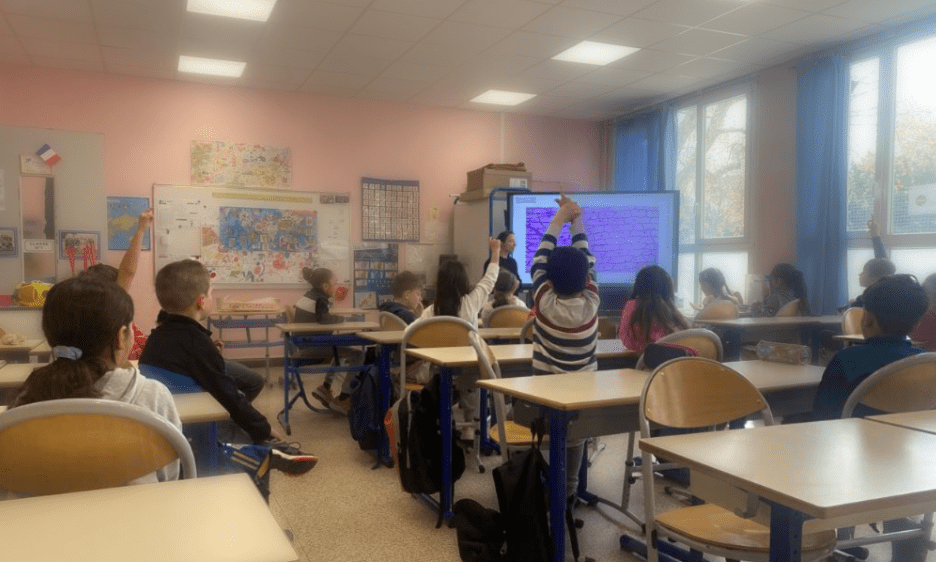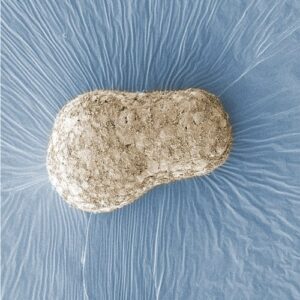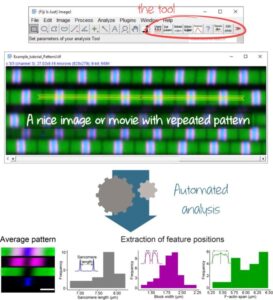DECLICS
As every year, members of the IBDM took part in the DECLICS meetings. This time, Claudio Collinet (Lecuit team), Sham Tlili (Lenne team), Camille Dumas (Kelly team), Clara Sidor (Schnorrer team), Bianca Habermann, Margaux Haering and Theo Brunet (Habermann team) visited high schools in Marseille (St Joseph de la Madeleine and Lycée de Provence) and took part in videoconferences with other high schools further away.
The DECLICS meetings are an opportunity to present research careers and the scientific process to high school students, who are always keen to ask questions about working life, studies and science. By bringing samples such as flies, embryos, slides, microscope images, etc., the students are able to step into our world for the duration of a morning. This immersive exchange is as interesting for them as it is for us: it is a very rewarding experience for us to be available to answer all their questions, and it is motivating to see the interest that young people have in science and our research topics.
This enthusiasm can inspire ambitions and ideas: future researchers could be among them!
Pediatric Cancer Week
Emma Legait and Lauranne Bouteille took part in the “Contre le cancer, j’apporte ma pierre” awareness day on 31 March 2023. They met primary school children to talk to them about being a researcher and to present their work on childhood cancer.




